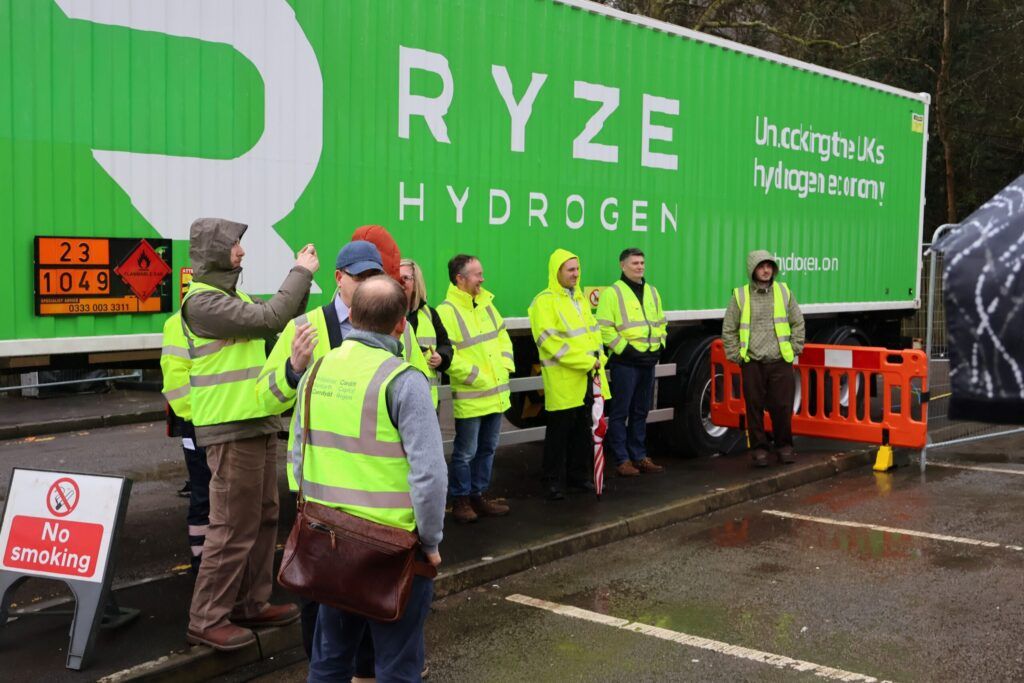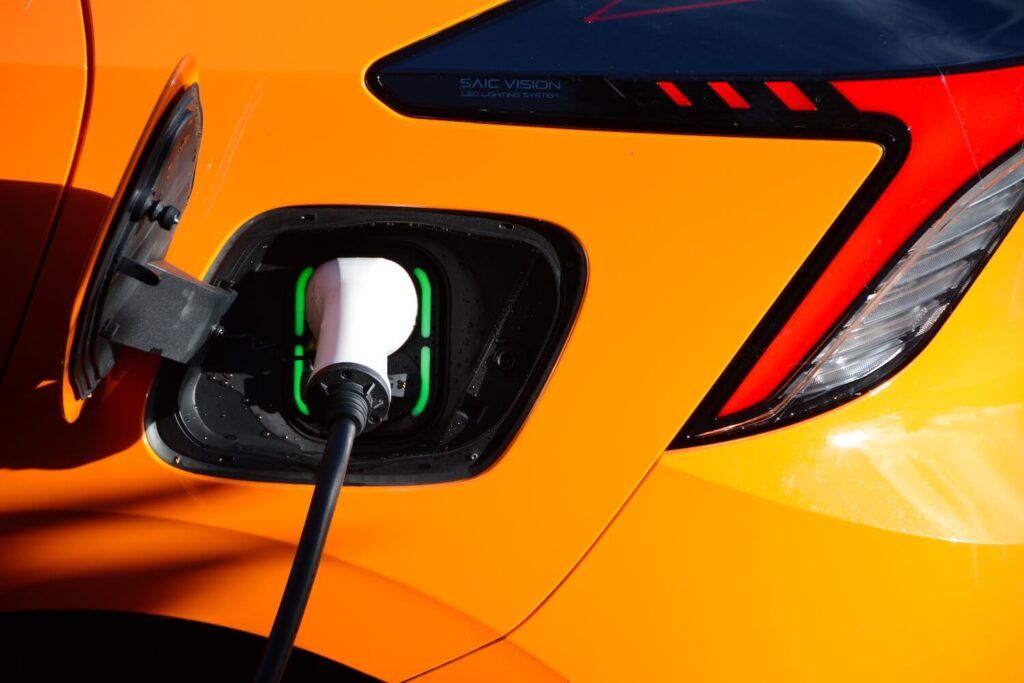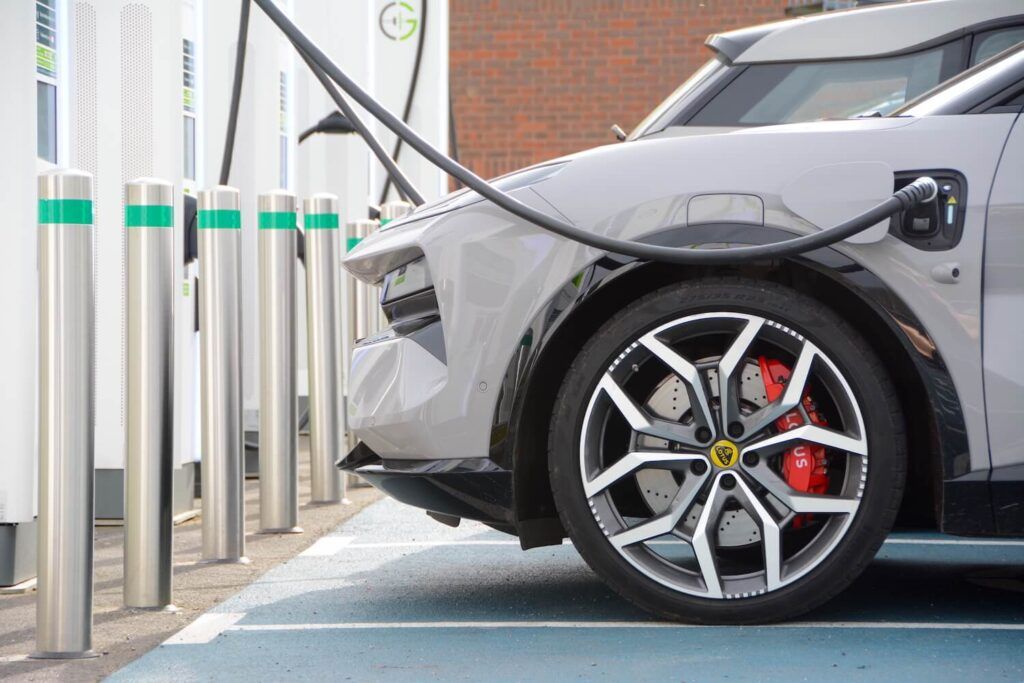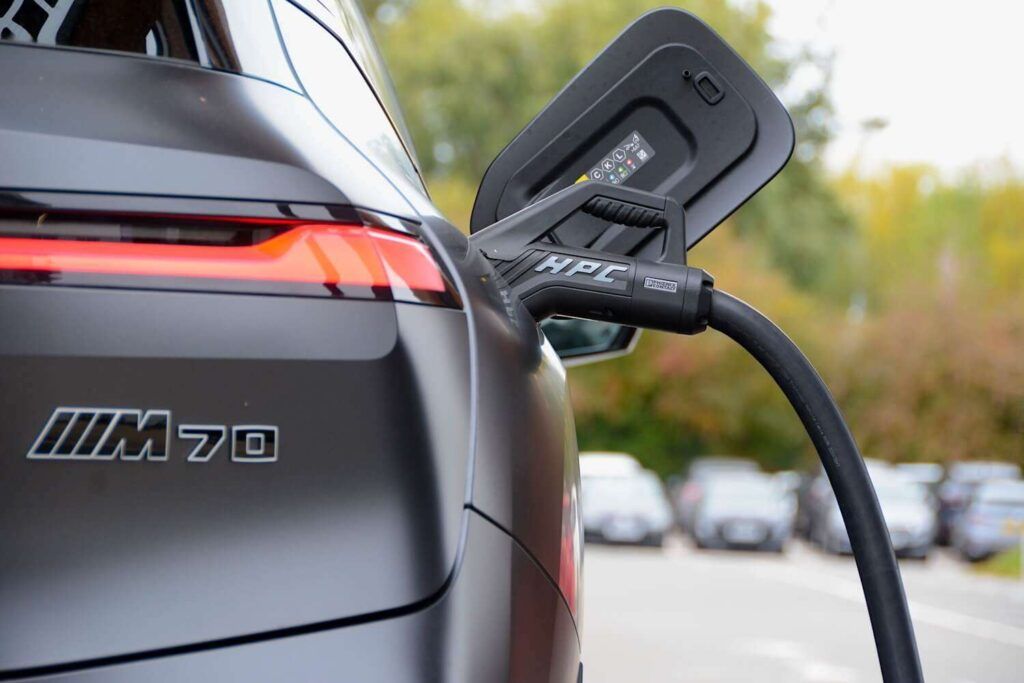Councils and partners in Wales are demonstrating hydrogen and electric refuse collection vehicles (RCVs) as a clean transport solution.
The trials will be delivered in partnership with Ricardo, Hyppo, Caerphilly County Borough Council and Rhondda Cynon Taf County Borough Council.
Welsh Government’s Climate Innovation scheme and Circular Economy are supporting the feasibility and demonstrator work to the value of more than £420,000.
The demonstration is part of a whole systems challenge, which brings both zero‑emission technologies together side by side for the first time, it said.
The trial is designed to gather real‑world operational data, compare performance and inform future investment in zero‑emission fleet technologies across Wales.
Delivered by the Cardiff Capital Region (CCR), it brings together ten local authorities across South East Wales. Throughout the trial, engineers and fleet managers will examine energy usage, range, operational performance and suitability for different terrains and routes. Insights from the trial will help shape the next phase of zero‑emission fleet planning across Wales.
Mike Brough, CCR’s Strategic Director for Regional Growth said:
“This trial is exactly the kind of innovation CCR exists to champion. Heavy-duty fleets are one of the hardest sectors to decarbonise and by bringing hydrogen and electric technologies together in a real‑world environment, we’re helping local authorities make informed, future‑proof decisions.
“It’s exciting, genuinely groundbreaking work and a fantastic example of regional collaboration driving practical climate action.”
Deputy First Minister and Cabinet Secretary for Climate Change and Rural Affairs, Huw Irranca-Davies MS, said:
“Our investment in this project, in a hard-to-decarbonise sector, represents an important development for climate innovation in Wales. Demonstrator trials like that kicking off today show how innovative, ambitious and forward thinking our public services can be in tackling climate change and shaping our choices to 2030 and beyond.
“By testing hydrogen and electric vehicles side by side, Wales is gathering the evidence needed to make smart, sustainable decisions to mitigate global warming. It is inspiring to see such partnership in action and it underlines our shared commitment to a greener, cleaner, more skilled Wales which is better for everyone.”
Cllr Amanda McConnell, CCBC Cabinet Member for Climate Change said:
“We very much welcome the announcement of this exciting pilot project, which reflects our ambition to deliver a cleaner and greener waste collection service for our residents in the future.
“The trial of these new vehicles represents an important milestone in our commitment to sustainability and is another example of the way we are embracing new technology and driving innovation in order to reduce our carbon footprint.”
Leader of Rhondda Cynon Taf Council and Cabinet Member for Infrastructure & Investment, Cllr Andrew Morgan OBE, added:
“We’re pleased to be part of this innovative new trial which could set the course for the future and transformation of fleet services in Rhondda Cynon Taf and Wales. It’s vitally important that we continue to future-proof our fleet and look at all the ways we can reduce our carbon footprint.”
Image courtesy of Cardiff Capital Region









